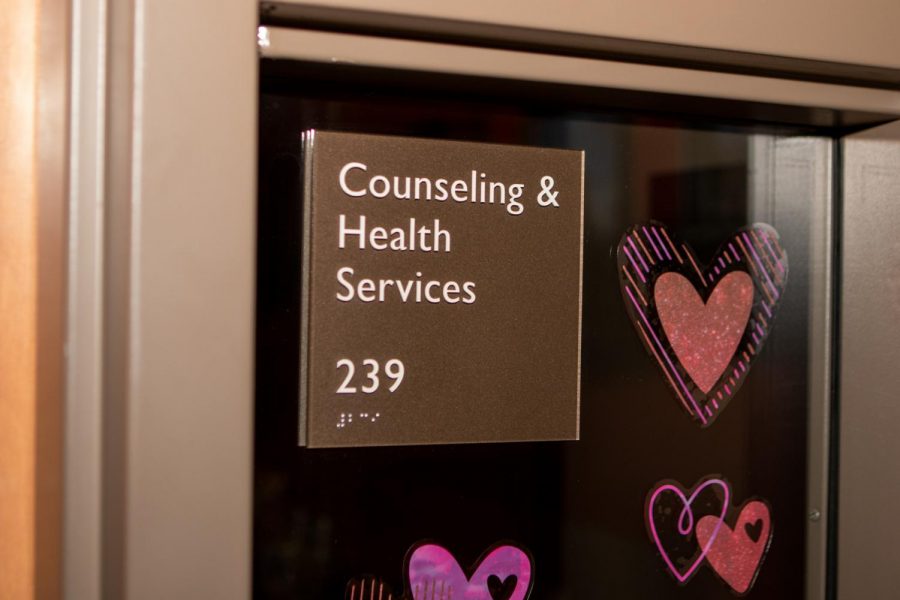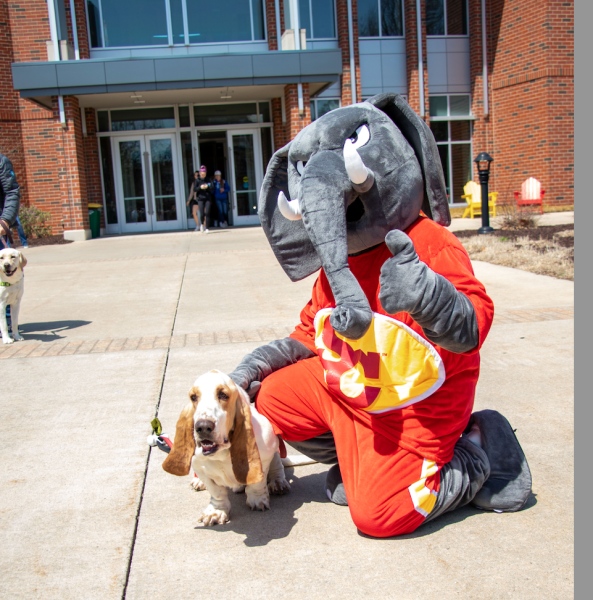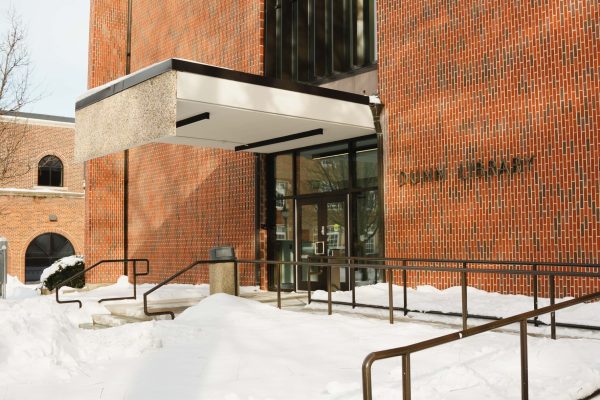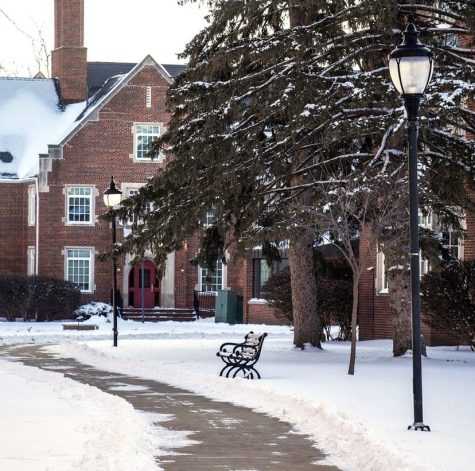Simpson needs to be proactive, not reactive towards mental health
January 29, 2020
Her heart pounded in her chest. Her hands trembled. Her lungs gasping for air. This experience is far too familiar for sophomore Baileigh Nagy — and thousands of other students, who battle with anxiety and other mental illnesses across campuses nationwide.
Simpson College currently offers each student 12 free scheduled counseling sessions per academic year. Students can come in during office hours from 8:30 a.m. to 4:30 p.m., Monday through Friday. As well as appointments, the counselors are on-call 24 hours a day for emergency cases.
Although students find the counseling services helpful at Simpson, they believe more steps can be taken to make a lasting impact on mental health on campus.
“It’s effective,” Nagy said, “The only issue is the idea of wanting to build a relationship with your counselor and make progress, but you are only allowed 12 sessions to do that. Simpson should allow students the option to attend more sessions if the counselor and student find it necessary.”
After 12 sessions, the counselors at Simpson will help students find outside resources if they need more services beyond the allotted time given per year.
At the University of Iowa, students attend on average just over five sessions a year to achieve their counseling needs. The numbers are similar at Iowa State University, reporting most students to feel they meet their goal in six sessions or less.
The rate of college students struggling with mental health is increasing.
According to the American College Health Association’s National College Health Assessments, which examined data from 55,000 students from more than 98 colleges and universities, about one-half of college students felt so depressed they could not function in the past 12 months.
In addition, over two-thirds of students felt overwhelming anxiety in the past 12 months. Even with staggering report numbers, colleges are failing to incorporate more initiatives towards mental health as a whole.
Professionals at Simpson believe more should be done outside of the counseling services provided.
Ellie Olson, who holds a doctorate in Counseling Psychology, said the college counseling services are spread thin and the school should look elsewhere for additional solutions to combat mental health.
“The demand of people coming in,” Olson said. “The number of crises we respond to. If there is an immediate need, we are here to provide support for that, either in the middle of the night or the middle of the day. So, keeping up with that and the paperwork involved can be really challenging.”
The counselors see anywhere from two to seven clients a day. Every client and session has paperwork that must be completed. On top of appointments with students, they are involved with other things on campus, like the higher learning committee and SARA supervision.
In the fall, there is a wellness fair open to all Simpson students to become more informed on healthy habits like nutrition, health and spiritual wellness. Creative bulletin boards are on display year-round in Kent Campus Center offering new health and wellness fun facts each month.
















